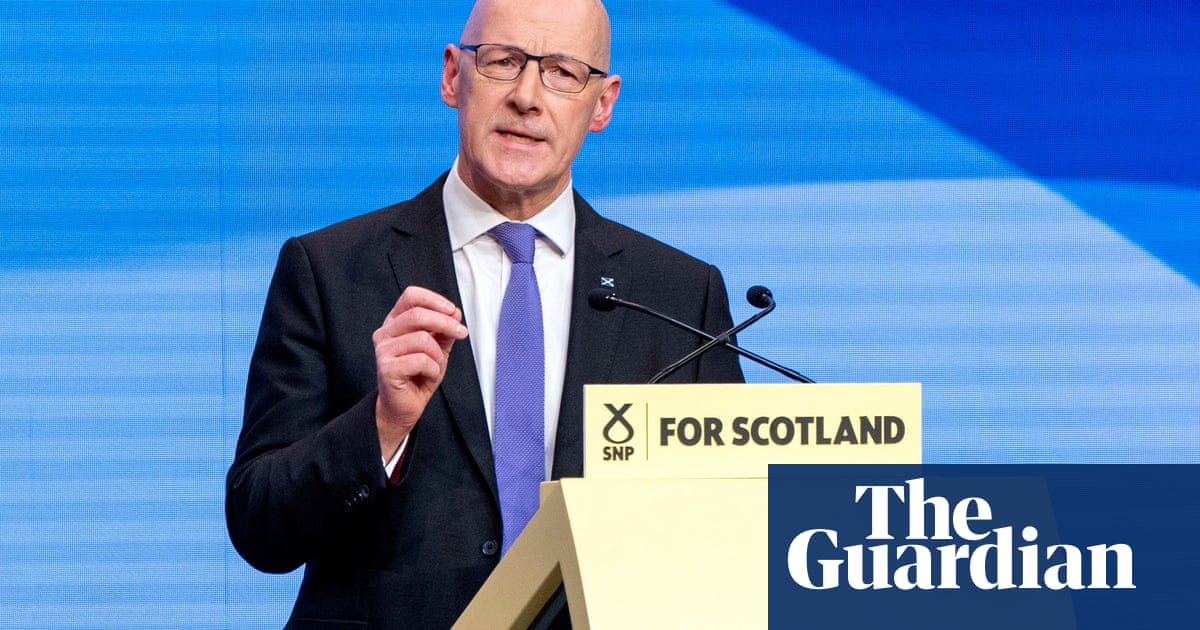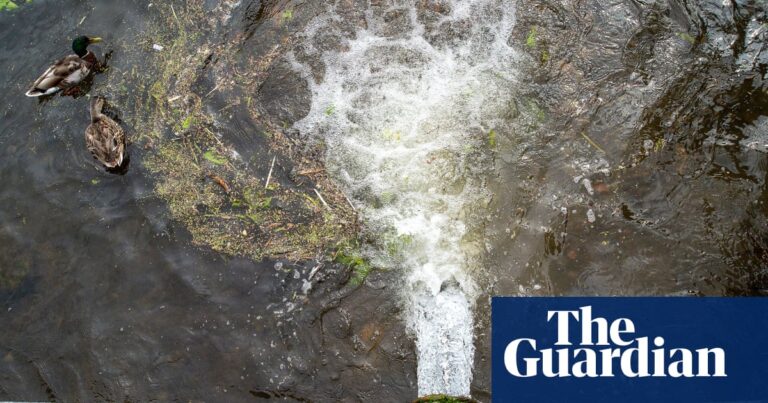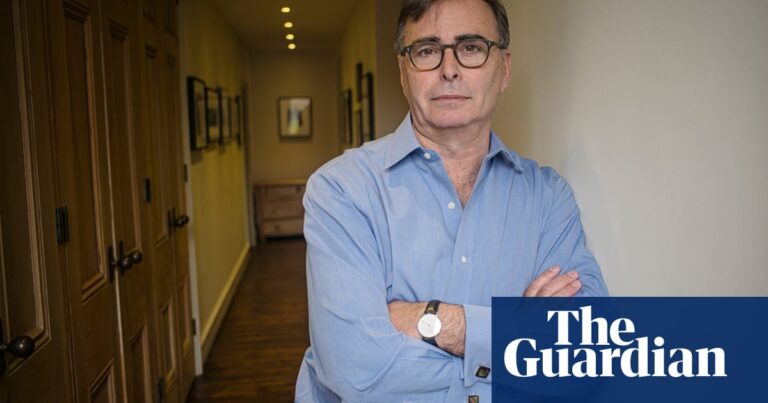
John Swinney has accused Labour of “intensifying” austerity as his ministers prepare to cut hundreds of millions of pounds in Scotland’s public spending this week.
In an effort to deflect blame for his own government’s budget challenges, the first minister said Labour was implementing “the same Tory cuts agenda” after the Treasury announced plans for £22bn in cuts last month.
Swinney said the Scottish Labour leader, Anas Sarwar, had told him before the election: “Read my lips: no austerity under Labour.” That was an era-defining moment, Swinney said.
“That is politics at its most cynical – and a total breach of trust with all those who supported Labour,” Swinney told delegates at the Scottish National party’s annual conference in Edinburgh. “Labour hasn’t delivered change. Labour is delivering the same damaging austerity as the Tories.”
Swinney’s attacks are designed to prepare the ground for sweeping Scottish spending cuts to be announced on Tuesday by his government, which has been in power for 17 years.
Shona Robison, the Scottish finance secretary, is expected to reallocate approximately £1bn in public spending, which will include direct cuts to arts, council and transport budgets of up to £600m.
Scottish Labour says these cuts are the direct result of the Scottish government’s failure to properly budget for above-inflation public sector pay rises, and its chaotic response to economic shocks.
Last week the Scottish Fiscal Commission, an official economics watchdog with a similar role to the UK’s Office for Budget Responsibility, said the budgetary crisis was substantially due to Robison agreeing to unbudgeted pay deals.
Sarwar cited repeated warnings about overspending and inadequate budgeting from the Scottish government’s own documents, as well as analysis by Audit Scotland, the official spending watchdog, and the economics thinktanks the Institute for Fiscal Studies and the Fraser of Allander Institute.
Swinney rejected those claims as he made his first speech since replacing Humza Yousaf as SNP leader after Yousaf plunged his government into crisis by unilaterally ending his party’s power-sharing deal with the Scottish Greens in March.
That crisis, an expenses scandal at Holyrood and the police investigation into the SNP’s finances helped fuel a dramatic collapse in support for the SNP at the general election; the party lost 39 Westminster seats to Labour in its worst result since 2010.
Swinney faces a significant challenge in preparing the SNP for the 2026 Holyrood election. Holyrood opinion polls put Labour and the SNP neck and neck, while the SNP has lost nearly half its membership since 2015, depriving the party of much needed income.
Swinney sought to lift the party’s spirits by previewing plans to redouble efforts to tackle child poverty that will be set out on Wednesday in his programme for government, and by urging activists to rekindle the positive mood of the 2014 referendum campaign.
He said more tailored support would be offered for families in poverty; that support would not offset the two-child benefits cap, but was “an example of the sustained, smarter policymaking we are delivering in government”.
Borrowing from Labour’s economy-first rhetoric, Swinney said his ministers would also prioritise economic investment, telling delegates on Friday the SNP had to win back Scotland’s middle-earners, who deserted the party in swaths at the election.
Swinney’s advisers accuse Sarwar of downplaying Labour’s responsibility for the government’s financial challenges, because more cuts are on the horizon.
Rachel Reeves, the chancellor, is expected to detail in her October budget how the UK government will cut spending to bridge the £22bn funding gap she identified in July. That would mean a second round of cuts in Scottish spending later this year.
In an attempt to rally activists, Swinney asked them to remember “the hope, optimism and a sense of possibility” of 2014, when Scotland hosted the Ryder Cup and Commonwealth Games, and legislated for equal marriage.
While the yes campaign lost the independence referendum that year by 55% to 45%, “it was a year when Scotland was energised as we debated our future as a country. [It] was contagious – and it was empowering”, Swinney said.
Jackie Baillie, Scottish Labour’s deputy leader, said Swinney had delivered a “copy and paste” speech offering no new ideas. “John Swinney’s attempt at self-reflection rings hollow while the SNP is continuing to dodge responsibility for its record in government,” she said.
Source: theguardian.com


















